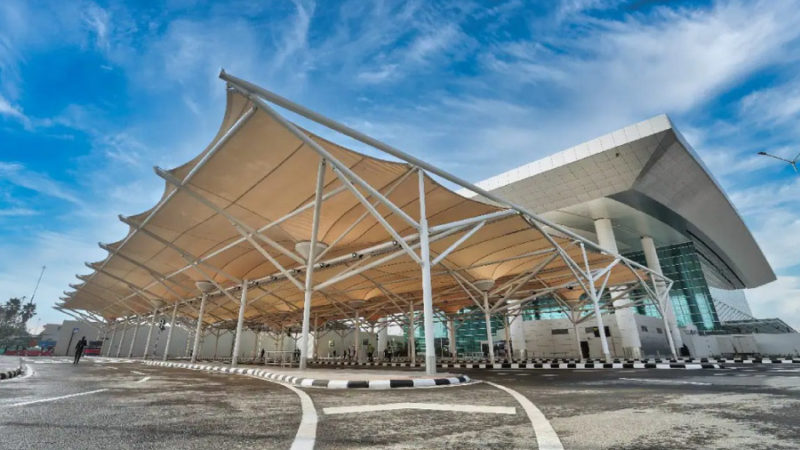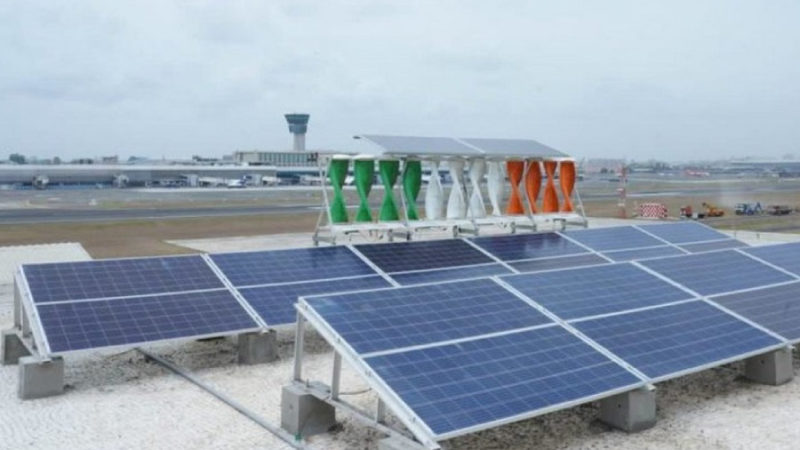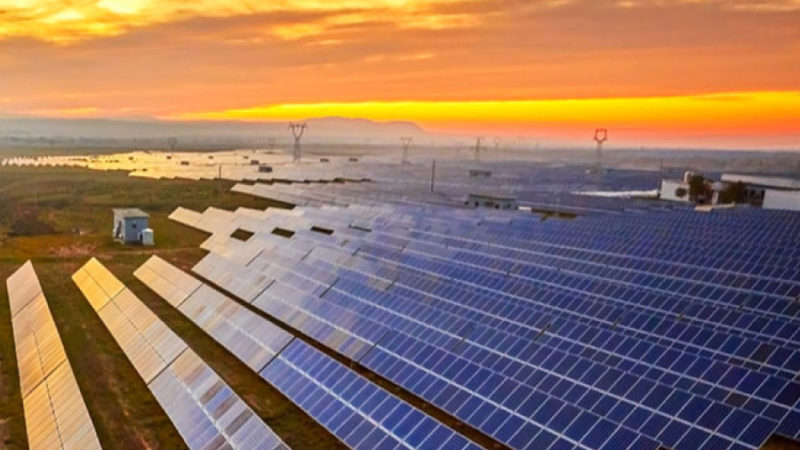MNRE formed a foreign direct investment cell to process FDI proposals

In a press release, the ministry informed that the newly formed FDI cell comprises of Amitesh Kumar Sinha joint secretary-solar – MNRE and Ruchin Gupta, director – MNRE.
The COVID-19 pandemic has taken the world in its grip and have shaken the economies across the globle. During these current times of crisis, the government of India has just examined the FDI policy to limit opportunistic take-ups and acquisitions of Indian companies.
In regard to this the Ministry of New and Renewable Energy (MNRE) has informed about the setting-up of a foreign direct investment (FDI) cell, through a press release, on Monday.
The Ministry has created this newly-formed FDI cell within the ministry to process the proposals for foreign purchases in domestic firms. The newly-formed FDI cell is comprised of Amitesh Kumar Sinha, joint secretary-solar, MNRE and Ruchin Gupta, director, MNRE.
This was mainly done in the fear that Chinese companies that might acquire stakes in strategically important companies at a time of when prices of stock are volatile.
In April 2020, the central bank in China has increased its stake in the HDFC, India’s largest mortgage lender. In the deal, the People’s Bank of China has raised its stake to more than one per cent from 0.8 per cent, earlier.
Meanwhile, in its revised policy, the Department for Promotion of Industry and Internal Trade has stated that an entity of a country sharing its land borders with India or where an investment’s beneficial owner is located in, or a citizen of any such country – can only invest in India under the government route.
The countries which share their land borders with India are China, Bangladesh, Bhutan, Myanmar, Pakistan, Nepal, and Afghanistan. It also added that FDI plans involving some contributions from these countries should be handled by the Ministry or Department concerned.
On the similar lines, several other countries have also introduced legislation to prevent such acquisitions by Chinese firms in recent past. Australia was the first to do so, followed by Germany and many others.








